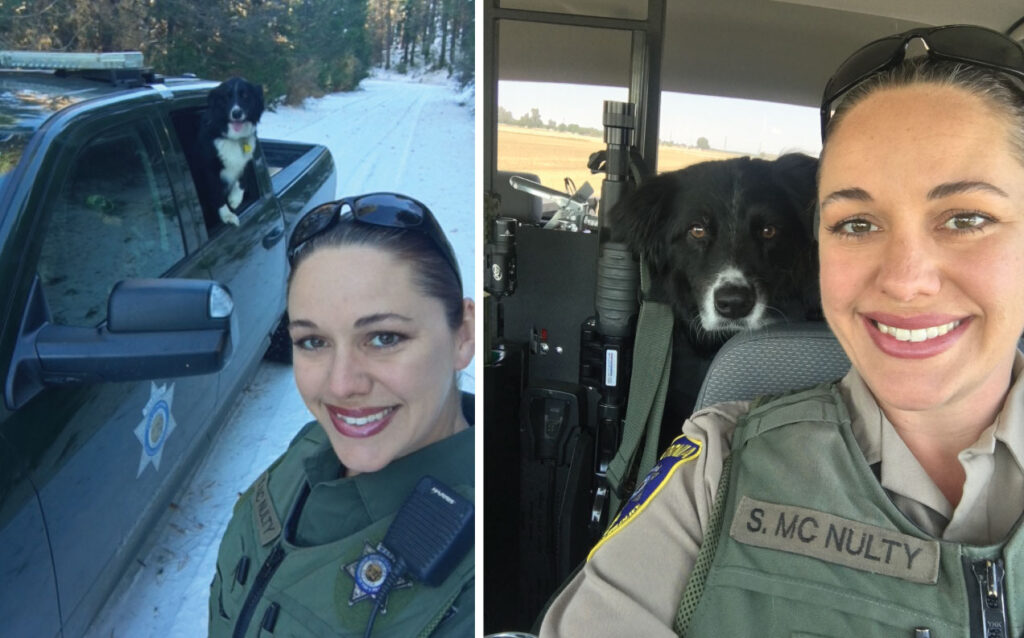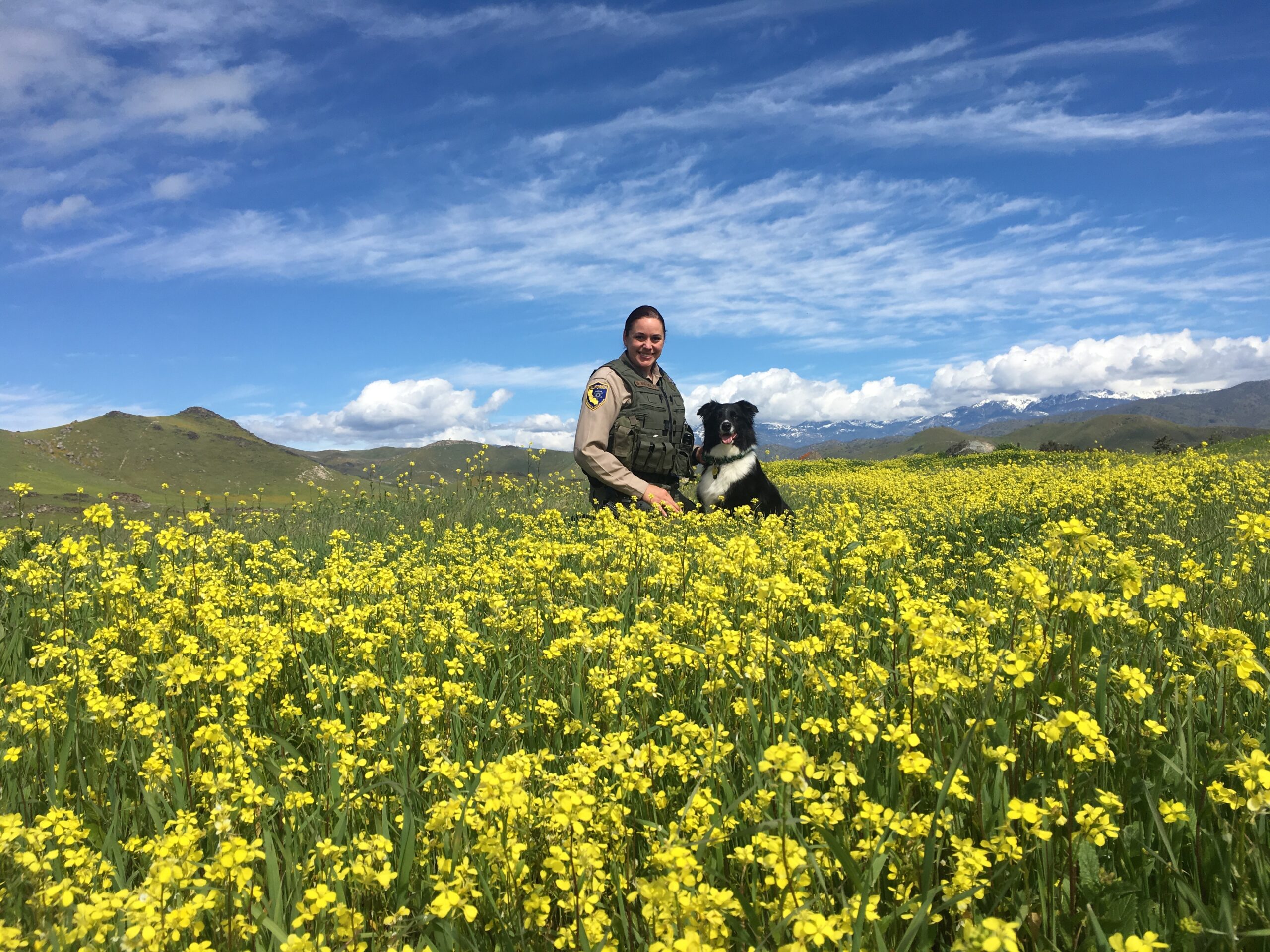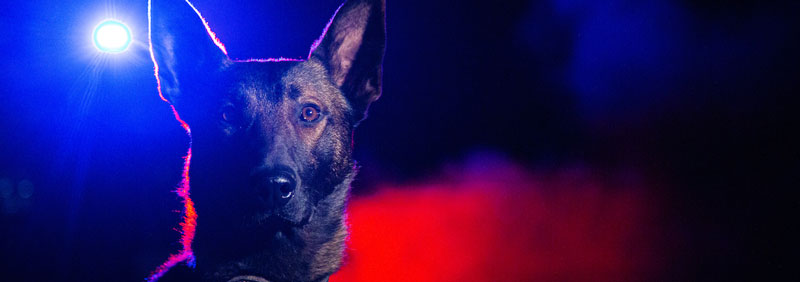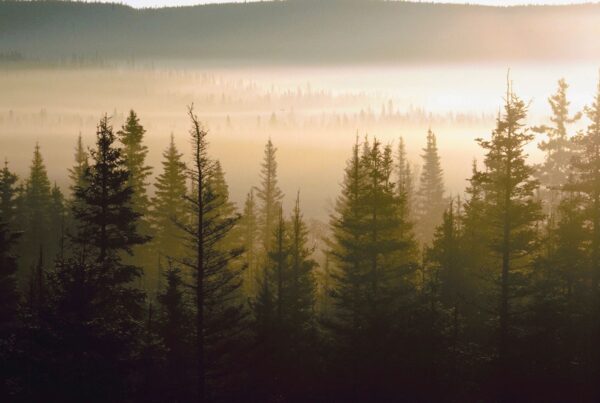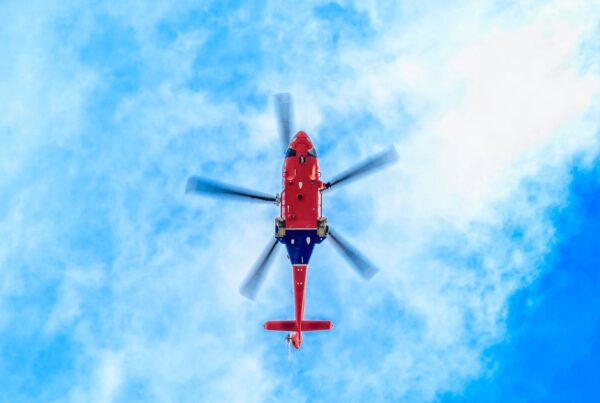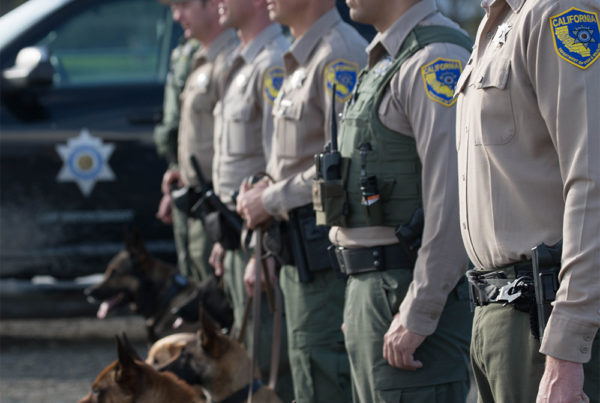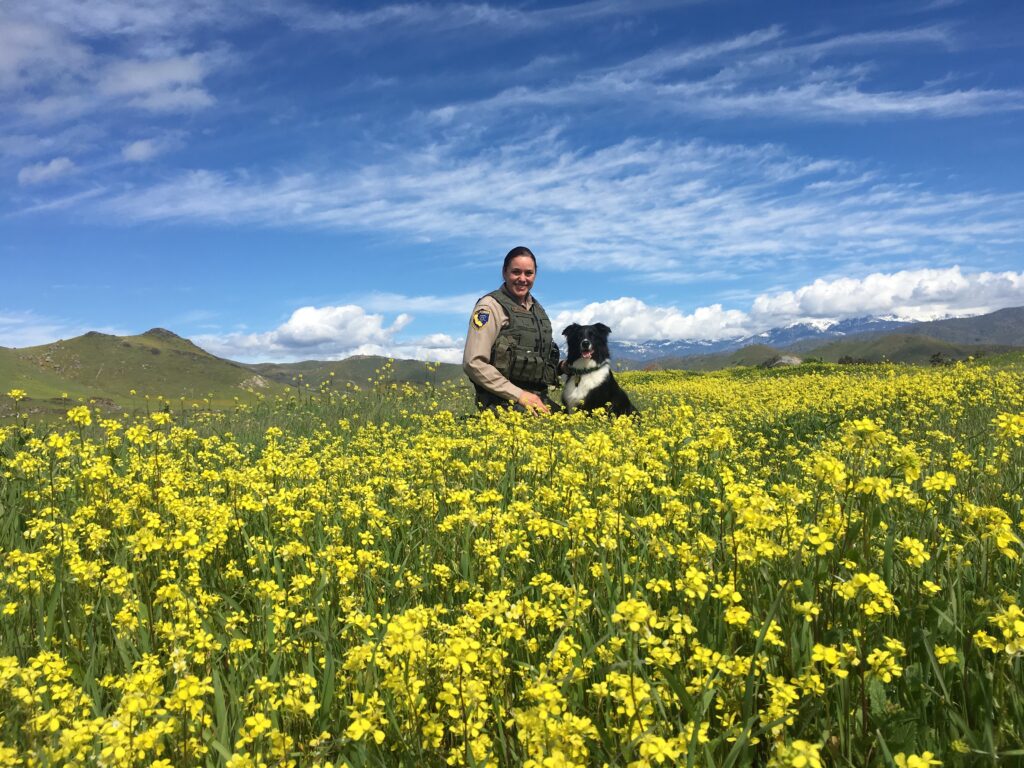
Lieutenant Specialist Stephanie McNulty, California Fish and Wildlife
Calwof is working to support the fish and wildlife officers that serve the beautiful state of California. Stephanie McNulty is a Lieutenant Specialist with the California Department of Fish and Wildlife and in our interview with Stephanie, she shares her experience in law enforcement and the rewarding nature of the work that Wildlife Officers do every day.
______________________________________________________________________________________________________________________________
Let’s start with you. Who are you and what is your role?
My name is Stephanie McNulty. I’m currently a Lieutenant Specialist with the California Department of Fish and Wildlife. I’ve been with the Department of Fish and Wildlife now since 2012. I spent seven years as a game warden out in the field and the last two years as a lieutenant specialist.
What inspired you to follow this career path?
It was a couple of things. I was previously with the Kings County Sheriff’s Department and I love law enforcement. I absolutely love the service and the passion behind it, but there was something missing. I ran into a game warden out in the field and was just astounded and couldn’t believe I hadn’t gone into this field sooner. So I put in my application and strove for it and I got hired. It’s been awesome ever since.
That’s amazing. And how long have you been in law enforcement altogether?
In law enforcement, all together, 15 years. I was with the sheriff’s department for six years and now nine years with fish and wildlife.
What was the most memorable day that you’ve had on the job?
Oh, gosh, there’s a lot of them. Probably one of the most thrilling ones was Easter Eve a few years ago. We had a mountain lion right in town we had to go to the house and dart it, we tranquilized it and relocated it back up into the mountains where it belongs. It was kind of exciting because there was a whole city trying to find it. So that was a fun experience. I also had a really good poaching case where it started out with just a tip, a small bit of information. I collected a hair sample, then a blood sample. Then I got a license plate off of a camera and I built this case, wrote a search warrant, collected evidence and ultimately made a couple of arrests and convictions on the case. So those are probably two of my most memorable ones, the darting and relocating of a mountain lion and getting to actually hold a mountain lion and then also that really good poaching case.
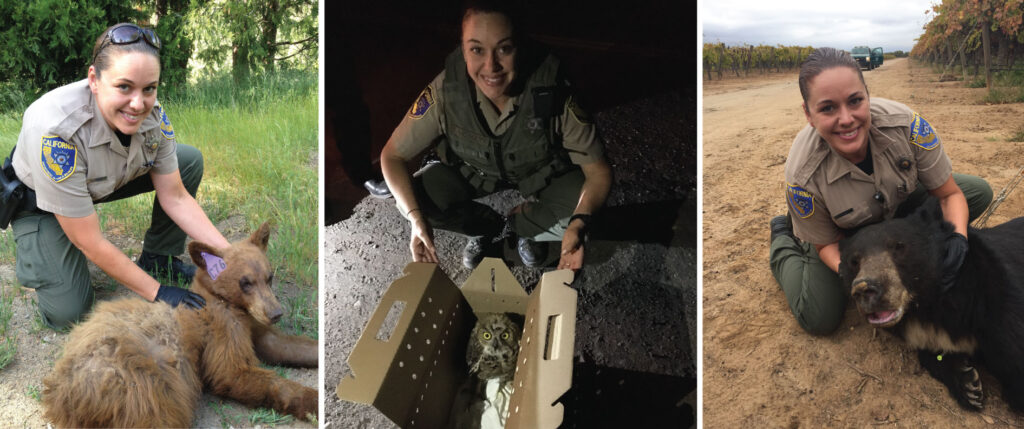
What would you say is the most challenging aspect of your role as a wildlife officer?
Probably just the remoteness where we work — Oftentimes we are solo. A lot of our constituents are up in the mountains where they hunt and fish, so that’s where we have to go naturally. Sometimes we are way out of cell phone range and even radio range. As good as technology is, our radios still don’t reach some areas where we have to work. So not only are we alone, but we’re remote and out of contact. Safety… Being worried about that… If you’re going to contact a hunter, obviously they’re going to be an armed person. Hopefully that contact goes good… And if it doesn’t, just the challenges that go with that of working so remotely, it’s probably one of the bigger challenges. Hopefully the officer is familiar with their own territory and district they work in. Knowing the allied agencies that are around. Where I work, there is a lot of Cal Fire and Forest Service officers. You have to know who your allied agencies are and make friends with all the other officers in the area. And yeah, hunters have absolutely come to the aid of wildlife officers in the past. The majority of our contacts are not dangerous — most of the people that we contact out in the field are good, law abiding citizens. They’re happy to be out there. They’re hunting, they’re fishing, they’re recreating, they’re doing what they love to do. Sometimes there’s an error in there. They don’t have a license, or they don’t have a tag. Most of those contacts at the end of it, even when I issue a citation, I can’t tell you how many hunters have shook my hand after the fact. So most of those contacts go relatively well. There are a few guys that don’t want to go along with the program, and that’s where it gets challenging and you just have to know your boundaries and know how to talk to people. It is a huge thing to keep yourself safe.
What is one interesting thing (or many things) about the job that you do that you wish more Californians knew?
It’s comical that people refer to fish and game officers as “fish cops” sometimes. What a lot of people don’t realize is we are full-fledged peace officers, so we have full powers of arrest. We carry a firearm. We make traffic stops. We enforce all of California’s codes, not just the fish and game code. Gosh, we have so many different entities. We have the oil spill prevention. So when there is an oil spill in our territory we’re in charge of orchestrating the cleanup and the wildlife that’s involved in those oil spills. Water management — so when water is diverted illegally out of a stream. We’re the lead agency on marijuana enforcement. So when marijuana became legalized in California, we were the ones that took over because we’re a statewide agency. Fish and wildlife of all people is in charge of the marijuana enforcement. There are just so many aspects of this job, aside from fishing and hunting that most people don’t know about.
Why do you think that is what it is? Why does that perception exist?
I guess because every state and every agency differs. You have park rangers, you have state rangers, you have federal rangers and then you have officers and you have wardens and the name gets a little bit confusing and sometimes it’s synonymous and sometimes it’s not. A lot of our park rangers that I work with around here, they are not police officers. So people don’t know, and it’s very confusing if you’re not in the field and you don’t know the agency and what the parameters are. A similar thing happens at the sheriff’s department, too. A person on the freeway only thought that CHP could pull them over. They didn’t realize that a deputy sheriff could pull them over. So it’s synonymous throughout every agency, there’s going to be some confusion of “I didn’t know you guys could do that” and I get a kick out of some people when you pull them over and they have no clue. But then it’s exciting to tell people about the other aspects that we’ve taken on as well.
What’s the most rewarding aspect of this profession that you’ve chosen?
The really awesome contacts, the hunting and fishing contacts. I can’t tell you how many times I’ve come up on a dad that’s teaching his kid how to fish and I walk up just in time and he catches his first fish and it’s just “Yeah, right on! You got one!” Or patrolling up in the mountains and you come around the corner and this kid’s jumping up and down because he just shot his first deer and you’re so happy for them. It’s really exciting to be the good cop, so to speak, in that moment. Because again, they are law-abiding, good people out there hunting and fishing. When you get those really awesome contacts, it’s just super rewarding to be out there, to be helping the sportsmen and continuing that tradition that they love. And we do support it — a lot of people think, “Oh, you’re against hunting and fishing, that’s why you’re out there writing tickets.” Absolutely not. We’re out there to make sure that it’s being done the right way so we can conserve what California’s resources are so that future generations can have that same experience. That’s really rewarding to me.
